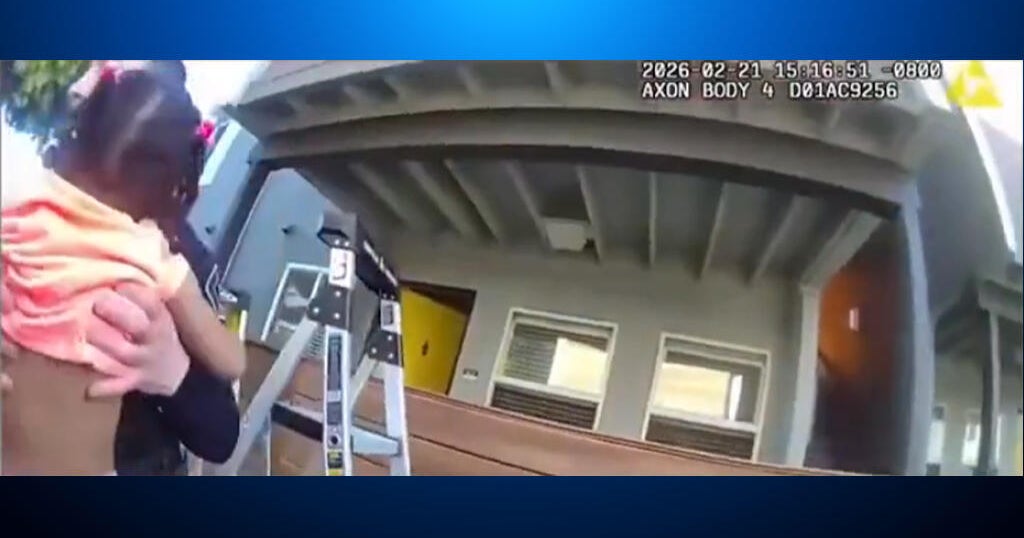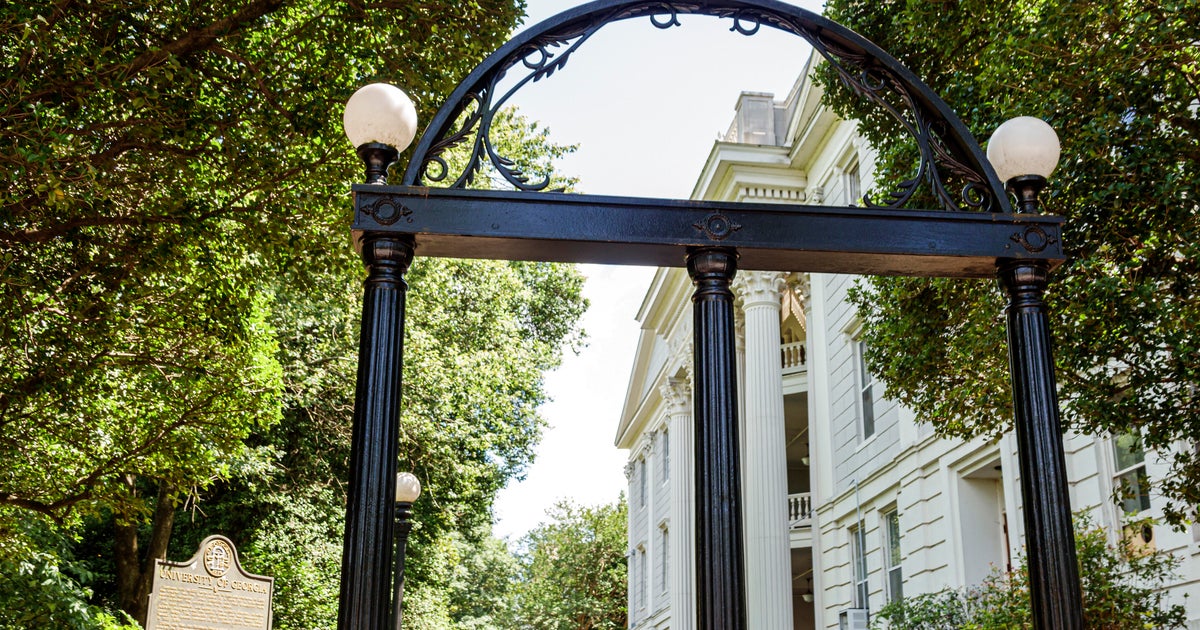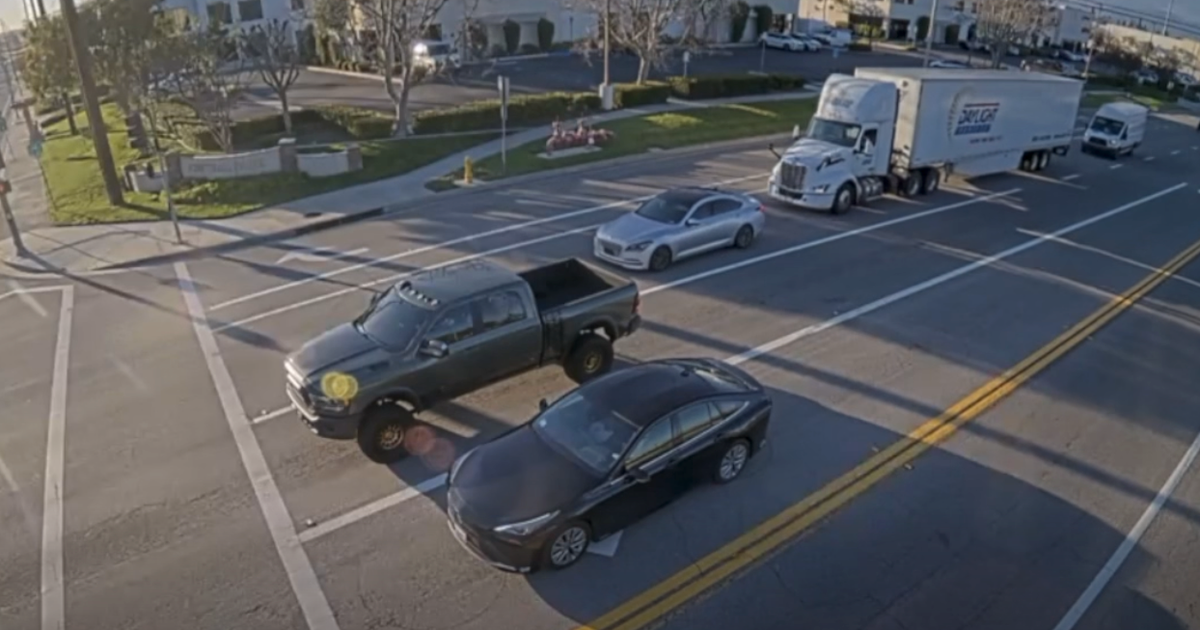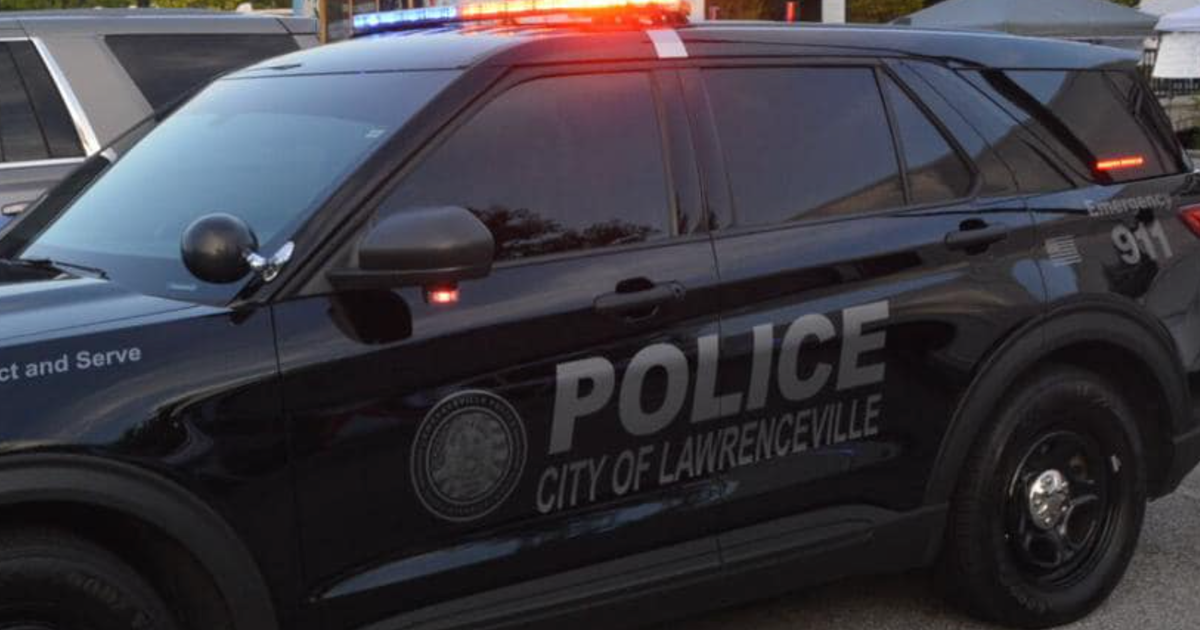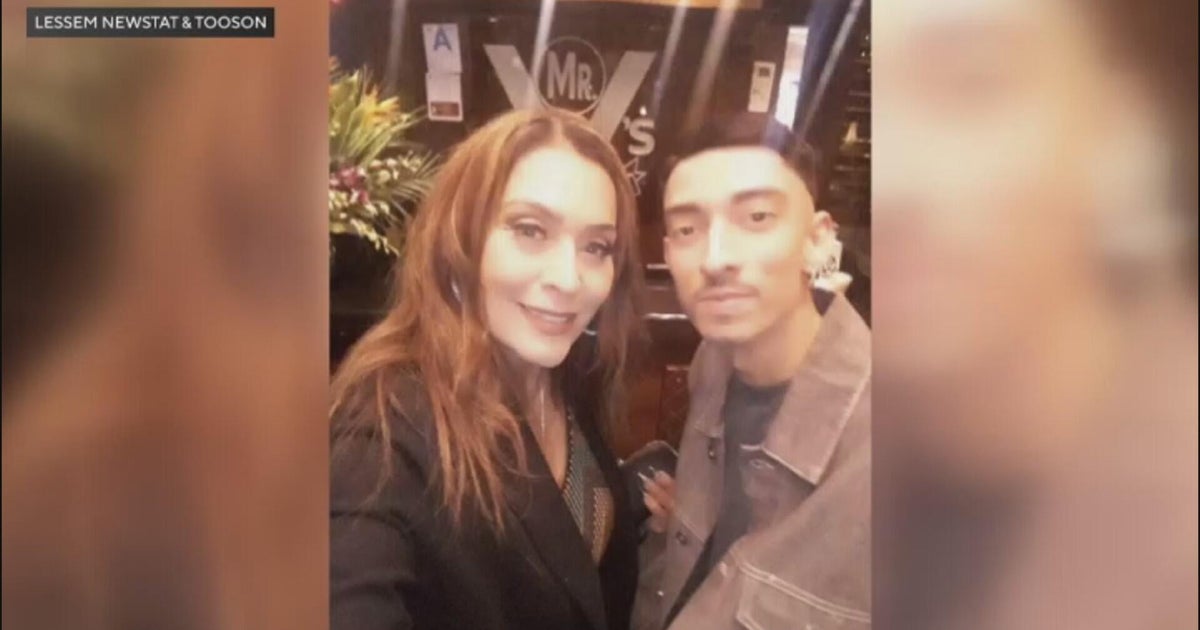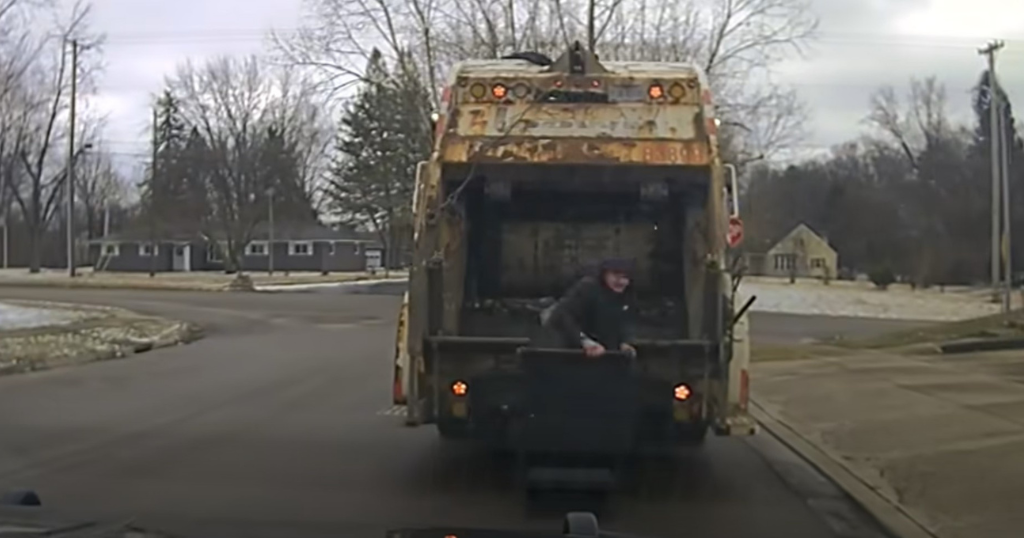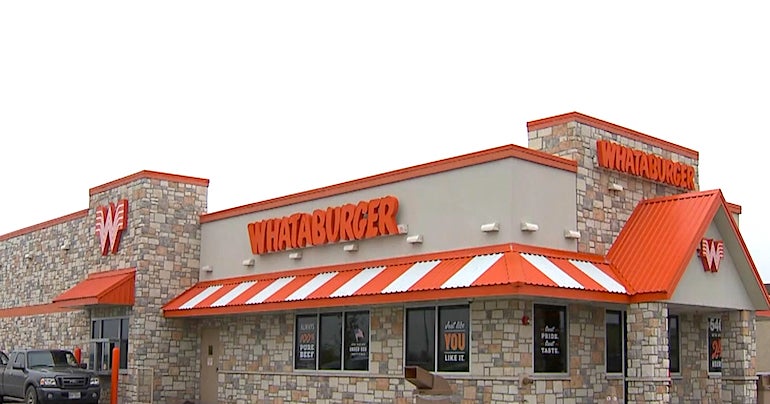Experts on what you need to know before watching videos showing police brutality, and talking about them with kids
CHICAGO (CBS) -- The public on Friday evening got its first look at video of the beating by police officers that took Tyre Nichols' life in Memphis.
Nichols' family saw the video ahead of time, and warned it is gruesome.
As CBS 2's Tara Molina reported Friday, there have of course been numerous other videos showing horrific scenes of violence involving police, from Laquan McDonald in Chicago to George Floyd in Minneapolis and Jacob Blake in Kenosha.
Watching such videos can be traumatic – affecting your mental and physical health. We checked in with specialists on what you should know before you choose to watch it.
The main takeaways from the specialists are - know your limits, be mindful of them, and check in with yourself before talking to others about the incident, especially children. The experts said your response depends on what's best for you.
But hope isn't lost.
The images can be overwhelming and triggering. And having seen police brutality play out more than once - and with media accessible on so many platforms - the images can be hard to avoid, even if you want to.
So what's the best approach? And if not the best, what is the most mindful and healthy approach?
"You have to cope internally before you can cope externally, so take a minute," said Dr. Sheela Raja, a clinical psychologist at the University of Illinois at Chicago. "You don't actually have to be in a situation to develop post-traumatic stress disorder from it."
Raja explained there is a mental and physical health impact we may not even recognize in the moment.
"When we keep watching this kind of violent imagery, it's bad for people's health - especially our historically marginalized communities," she said.
What's on the line if people don't handle this in a healthy and mindful way?
"I think that on an individual level, we risk traumatizing ourselves," Raja said.
Raja said refraining from watching such videos might be the best decision.
"If your gut is telling you I don't know if I can stomach watching this kind of video again? I think that is your way of trying to take care of yourself," she said. "When these kinds of videos come out, people get overwhelmed. They talk a lot about the individual case – as they should, because that's an individual life and that's important. But at the same time, there's a pattern for us to be able talk about as a country."
And with such images hard to avoid for adults, children are in a similar position.
"It's okay to express to our children our own worries or our own concerns," said Amanda Seanior, clinical counselor at Rush University Medical Center.
Seanior has a background focused on helping children process trauma. She said a child is "never too young to talk about this."
"When they sense stress, they start to ask questions about that," she said. "Or maybe they actually see the video or hear conversations from their peers about the video."
"This is a key time to check in and ask those important questions - what have you seen? What have you heard?" said Amanda Seanior, clinical counselor at Rush University Medical Center. "There's a need or far too often to rush in and, of course, protect those small and vulnerable people. But if we're out of sorts; if we are dealing with increased anger or anxiety? That can actually shift the conversation in a way that may not be productive or helpful and may even produce more fear."
Seanior added that as much as the focus is on honesty and the challenges we experience, instilling hope is also vital.
"It's still very, very important to instill hope, right?" Seanior said. "There are many organizations and many community organizations and trusted people in your community fighting for equity and fighting for increased positivity in interactions among police officers and community leaders."
Hope can mean finding organizations in your community and community leaders working for positive change, the experts emphasized.
Seanior had some book suggestions for families – including "Something Happened in Our Town: A Child's Story About Racial Injustice." The book, published by the American Psychological Association, follows the story of two families — one white and one Black — as they discuss a police shooting of a black man in their community.
Seanior also recommended, "Daddy, There's a Noise Outside" by Kenneth Braswell.
Meanwhile, Raja has also written or co-written several books on trauma and PTSD.
